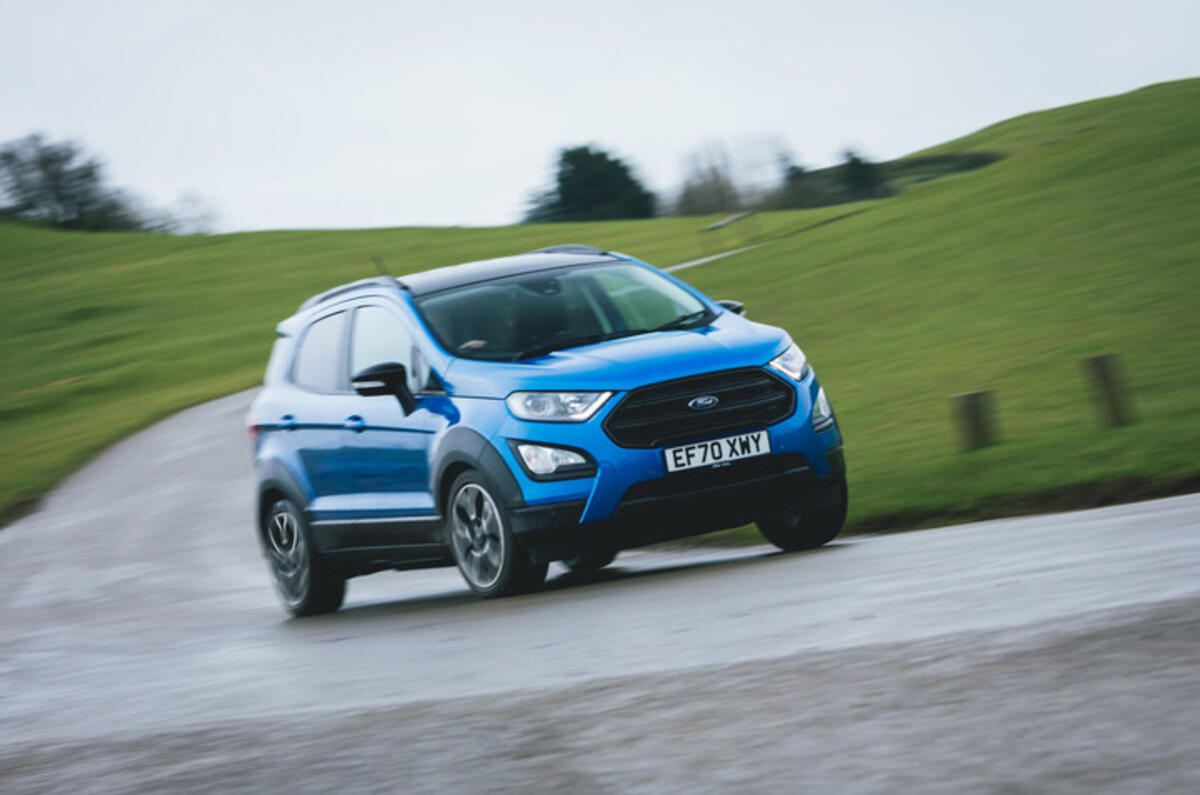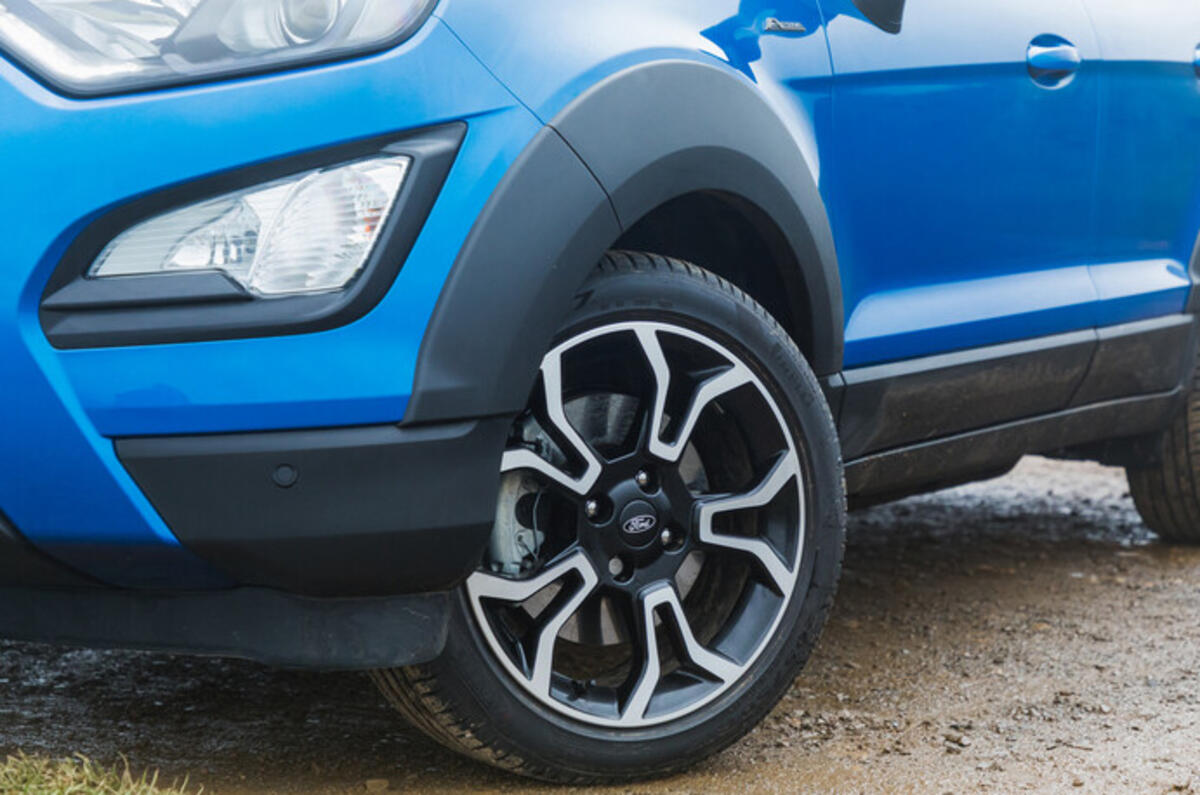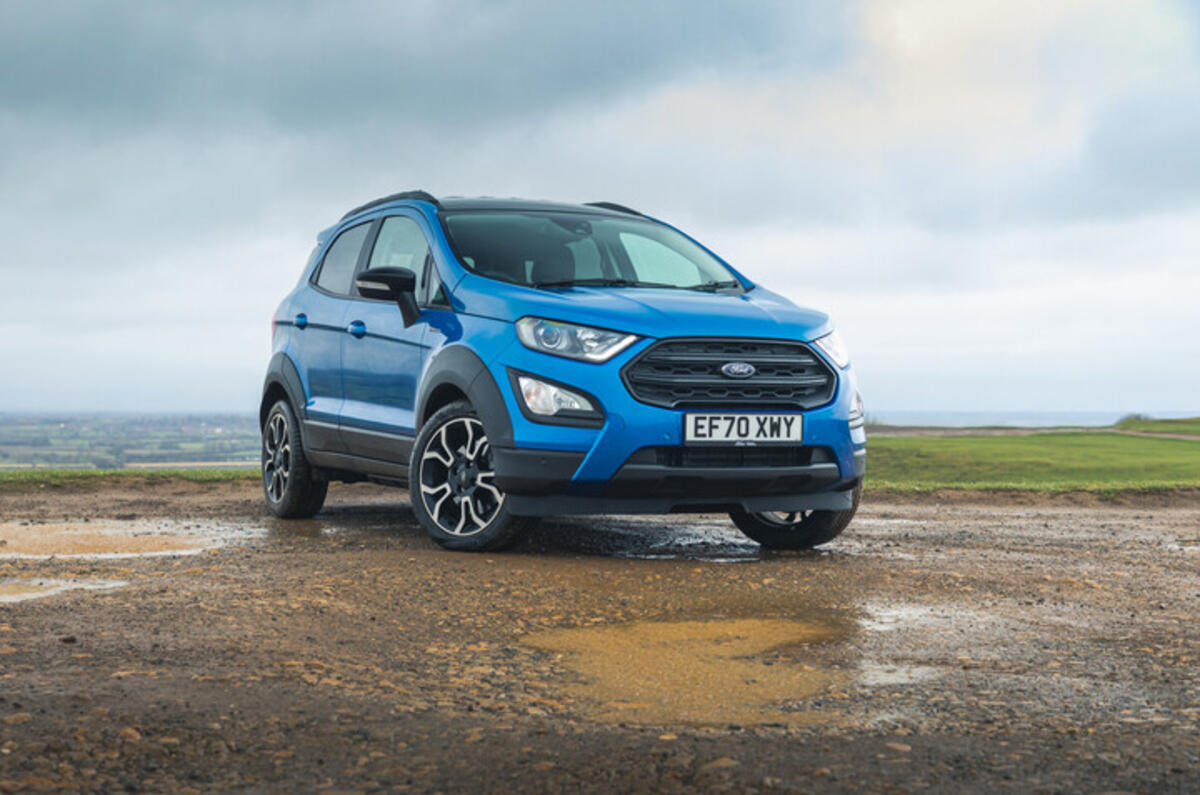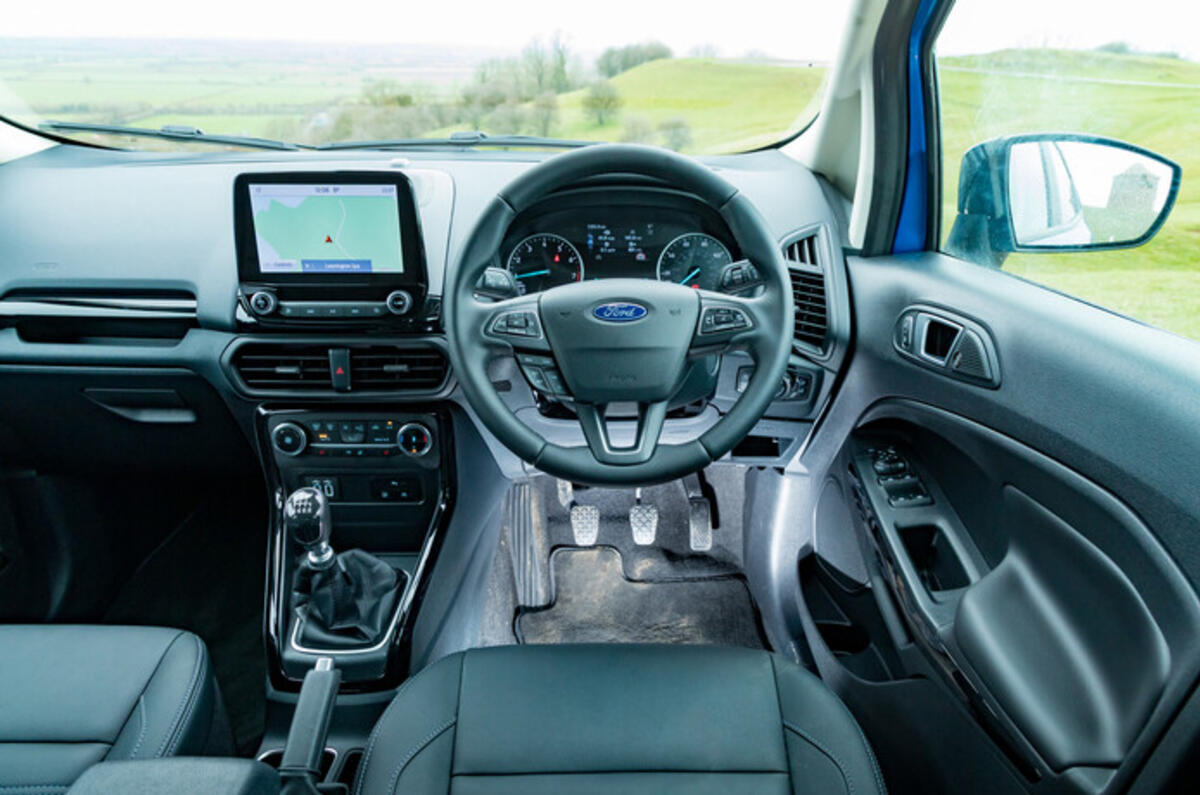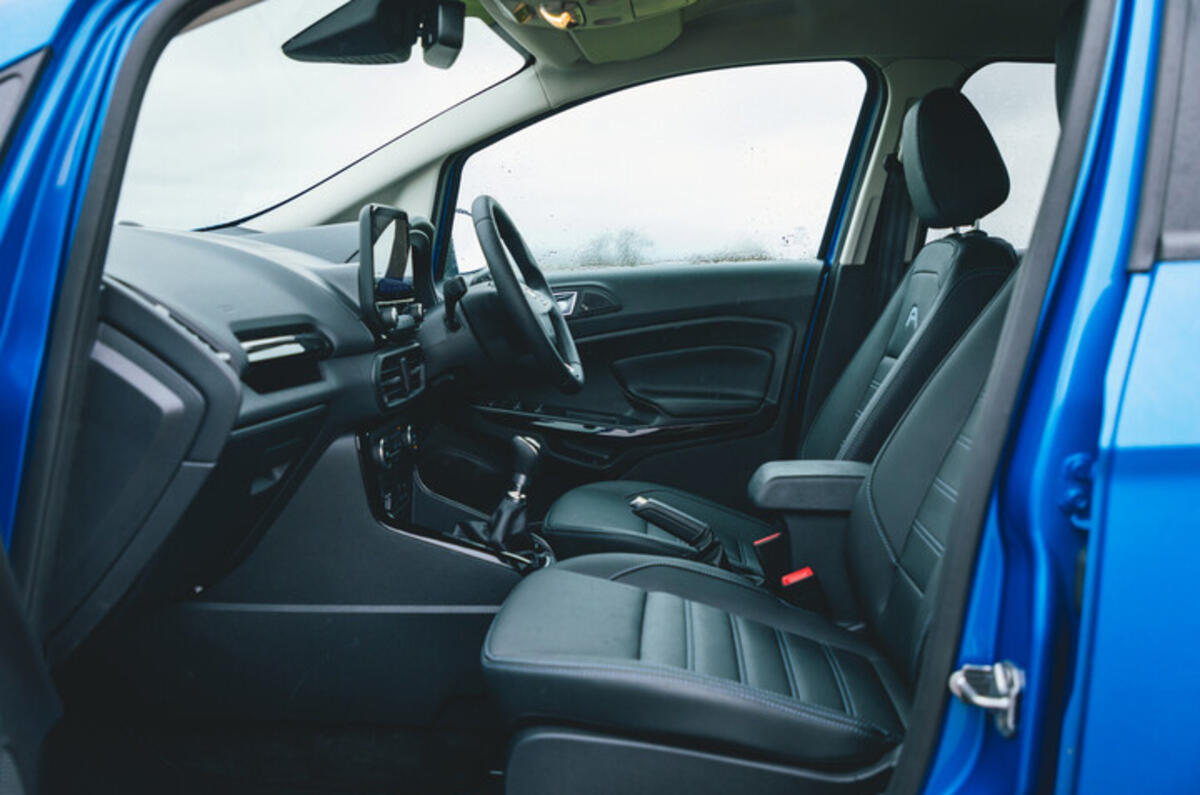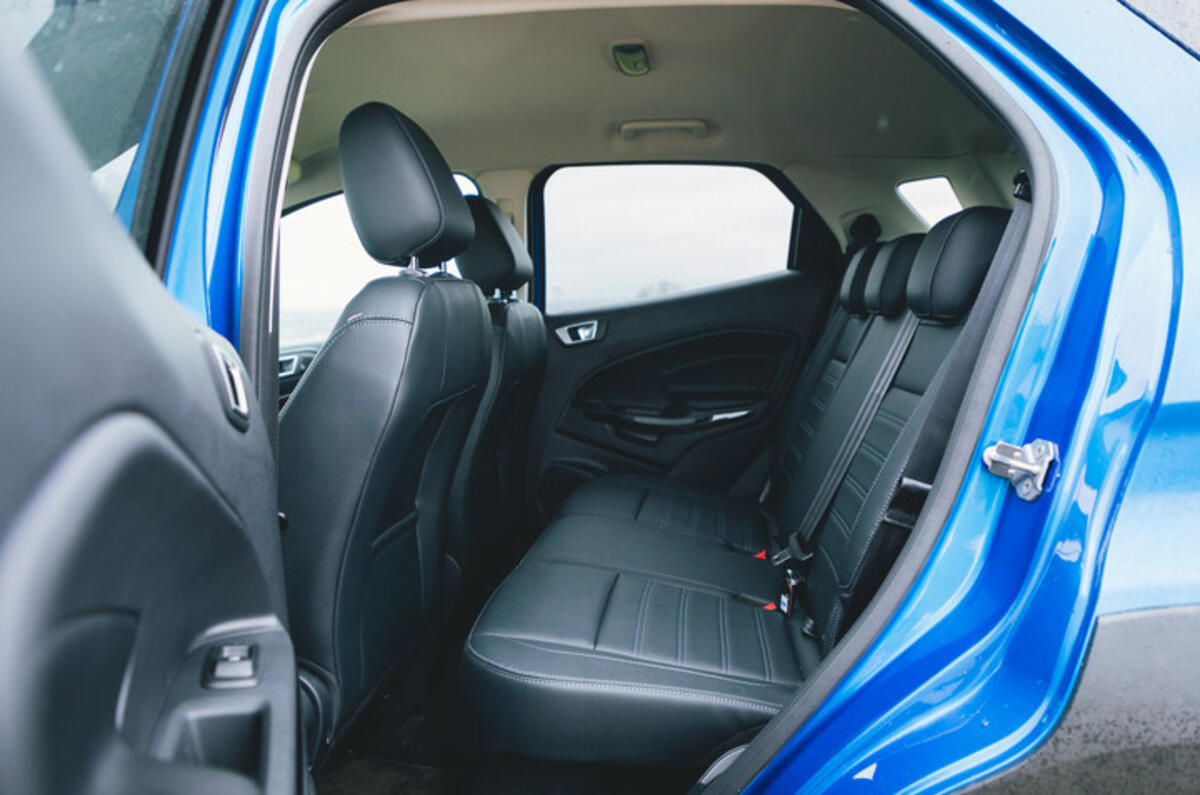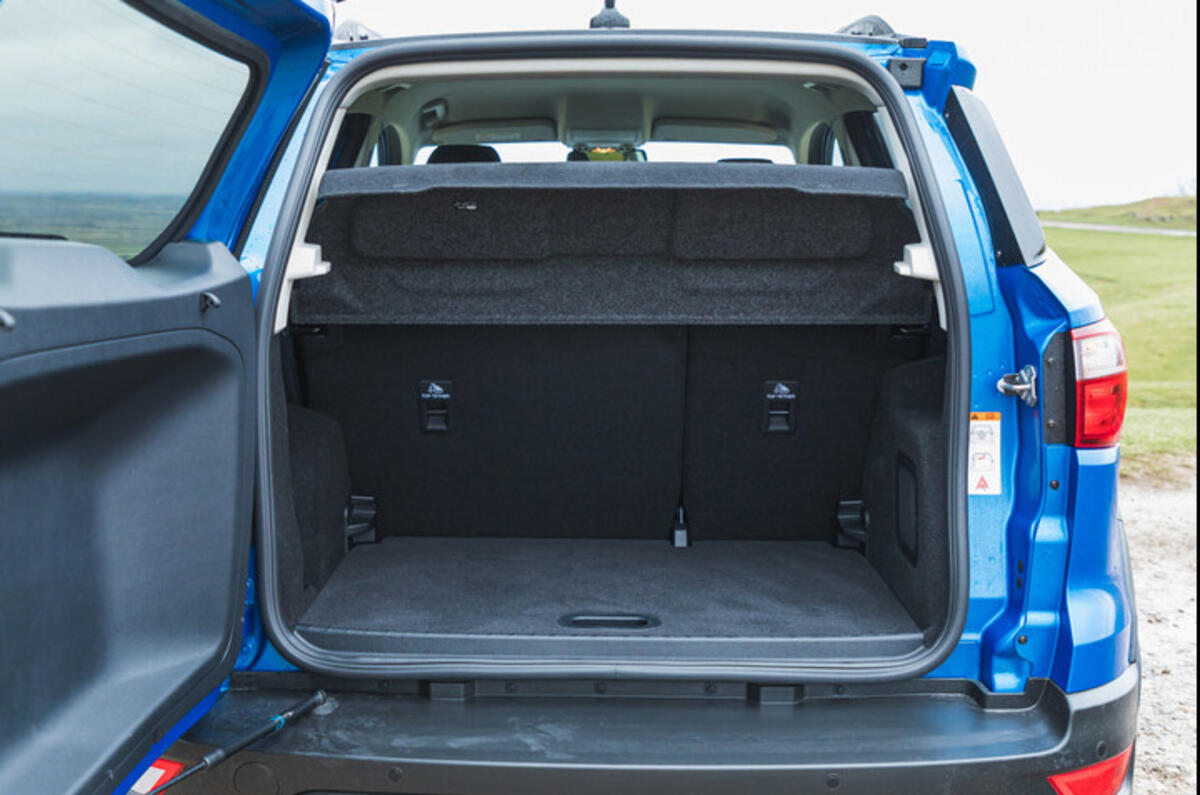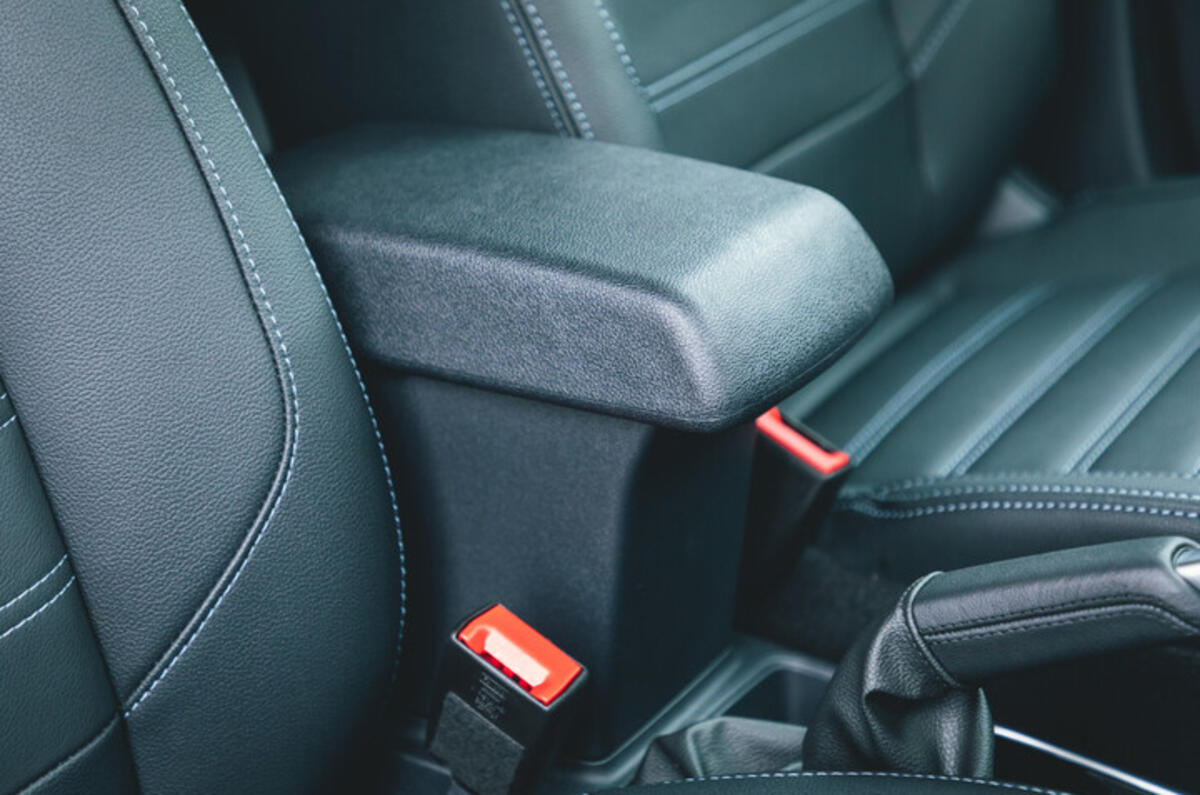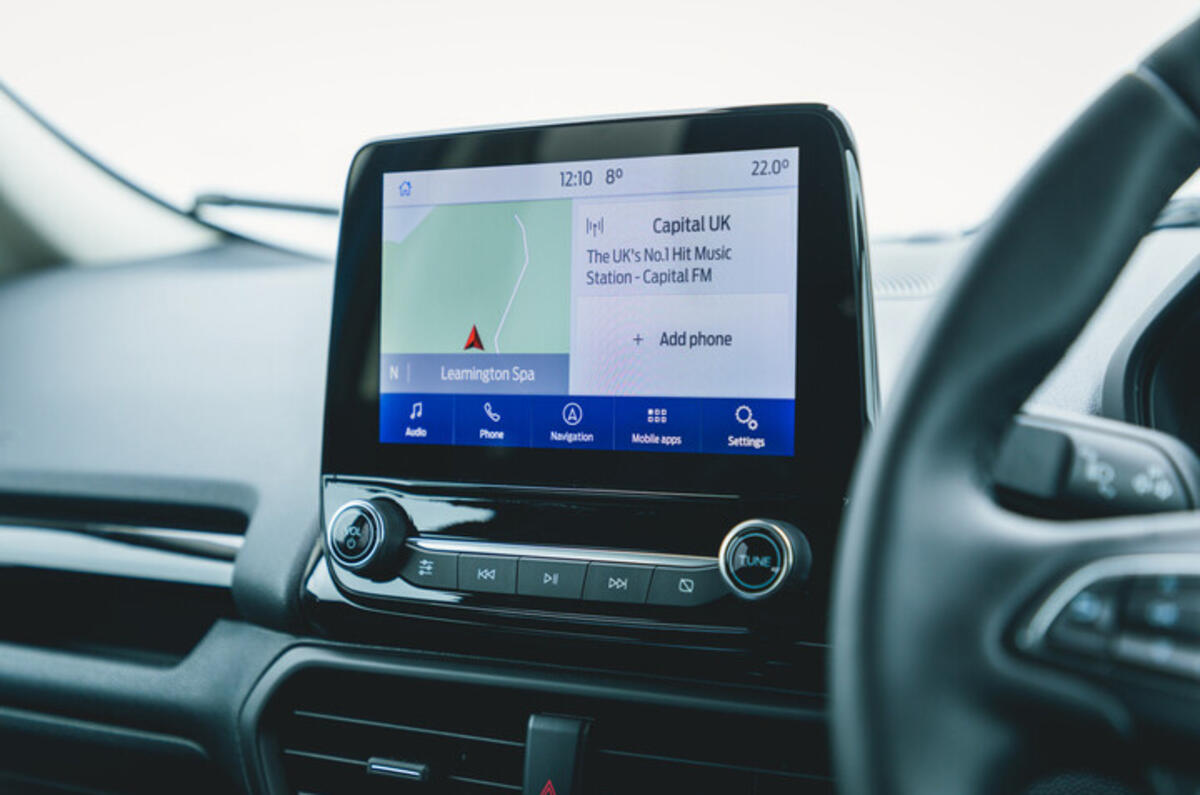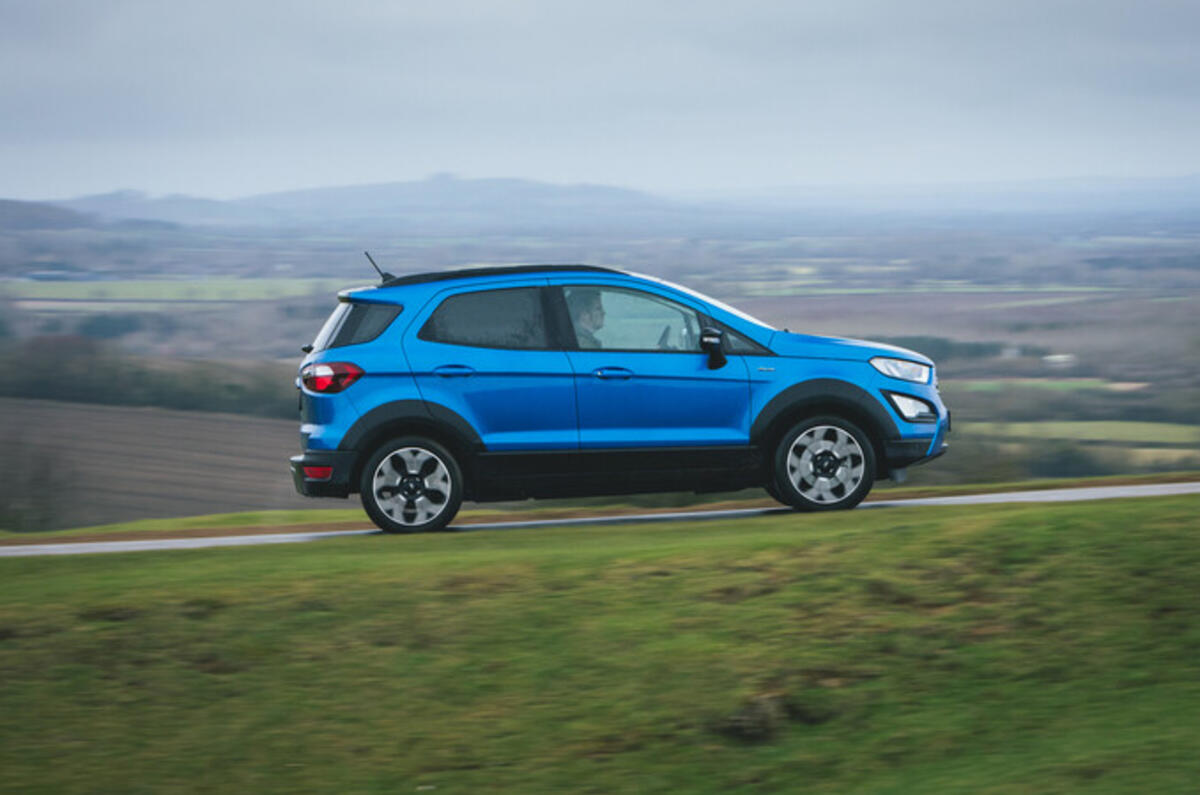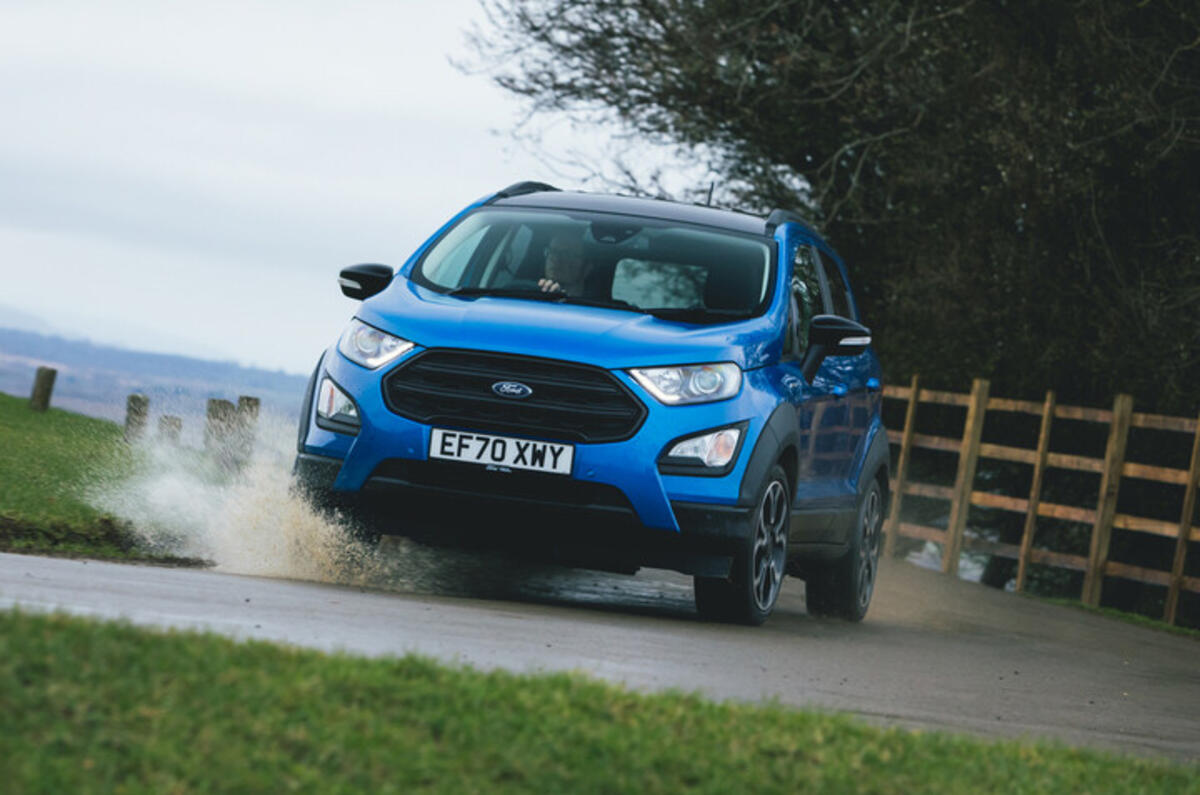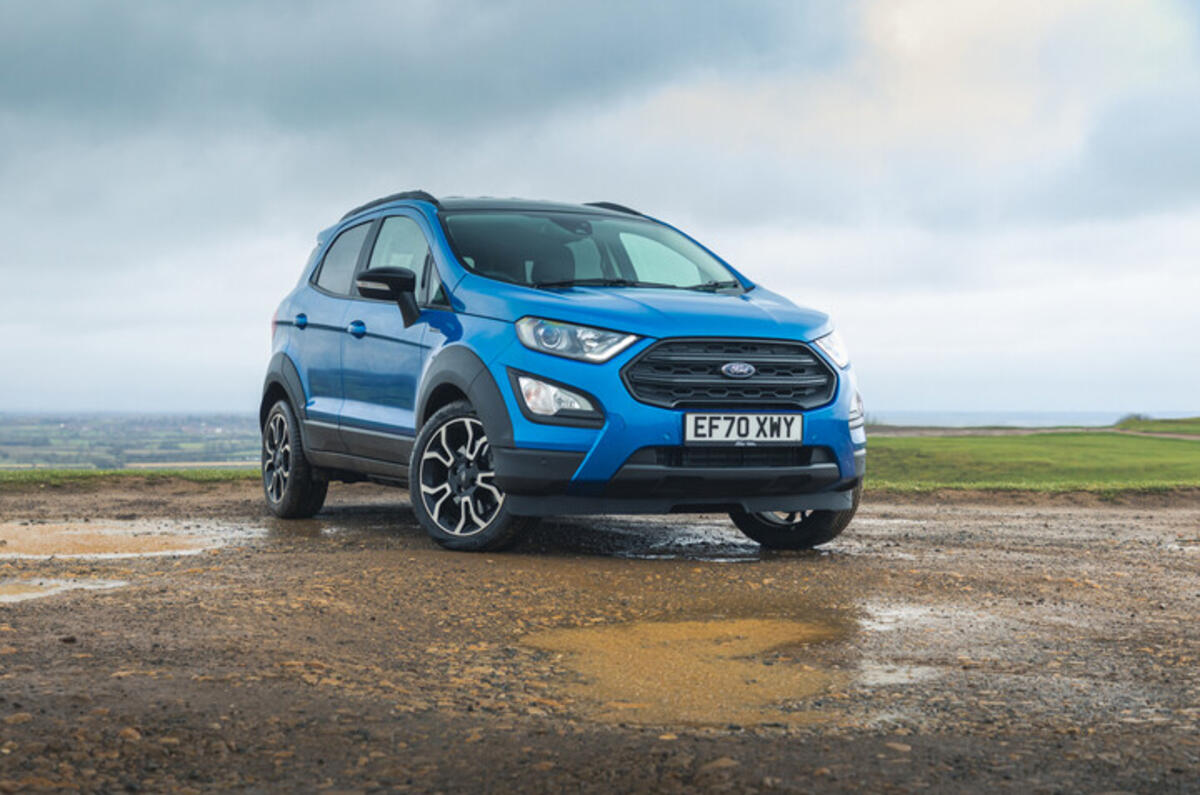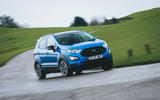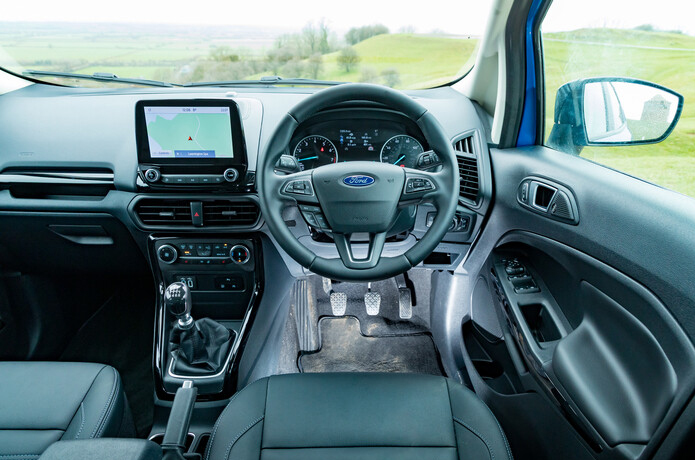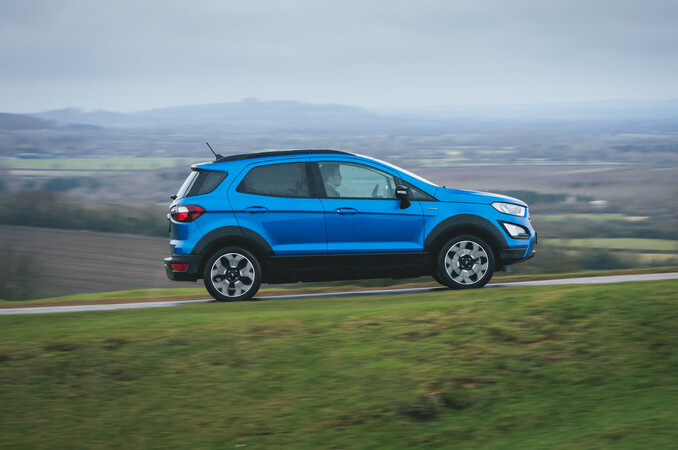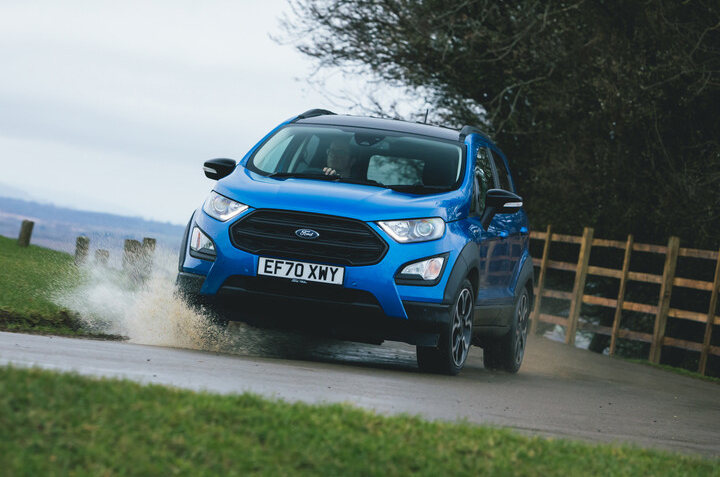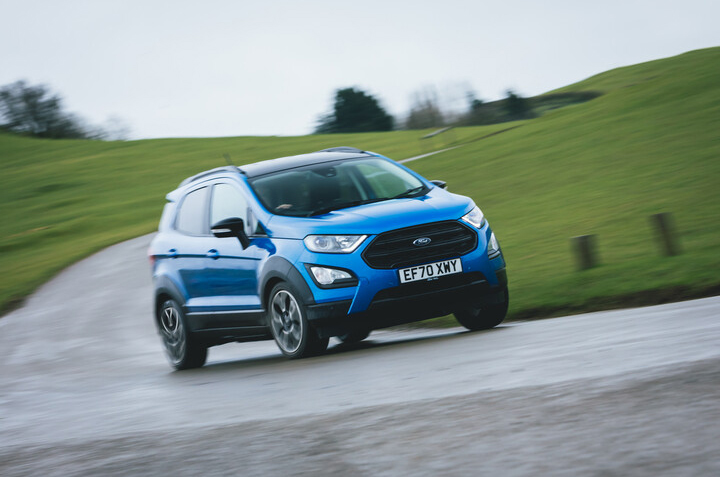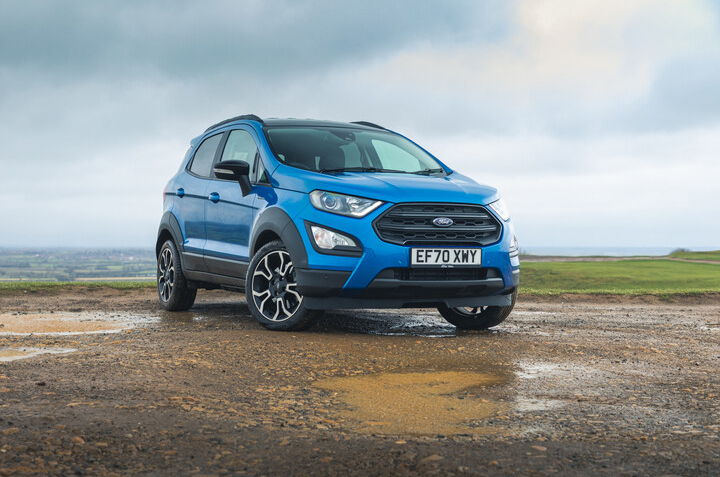The pugnacious Ford Ecosport crossover hatchback has had a bumpy and tortuous road to success since its introduction to Europe in 2014. But then cars like this are often designed to thrive in tough circumstances, and while this one isn’t exactly setting the world alight in sales terms, the Ford has certainly proved a hardy survivor.
In its first generation, the Ecosport was a slightly awkward-looking compact SUV built in Brazil, predominantly for Brazil, and was popular there. But when globalist Alan Mulally turned up as Ford boss in 2006, it became one of his missions to prove that The Blue Oval could make its products work better all over the world. The second-generation version, which was launched in Brazil in 2012, went on to be produced in as many as five factories on four different continents, then, and was sold in as many as 149 countries.
It’s a twice-massaged and -updated version of that second-generation model that Ford of Britain sells in the UK today. It first came to our shores in 2014, imported not from Brazil but instead from Ford’s new manufacturing facility in Chennai, India; and, though instantly popular out there, it met with stiff criticism in Europe for poor build quality, rudimentary driving dynamics and coarse mechanical refinement.
Ford’s response, in 2017, was to begin manufacturing European-market cars more locally - in Craiova, Romania - to higher quality standards, with better equipment levels and a widely revised suspension setup. At that point the car’s engine range was expanded also, four-wheel drive was added, and an ‘ST Line’ version came along; although not all versions available elsewhere in Europe were on offer to UK buyers.


